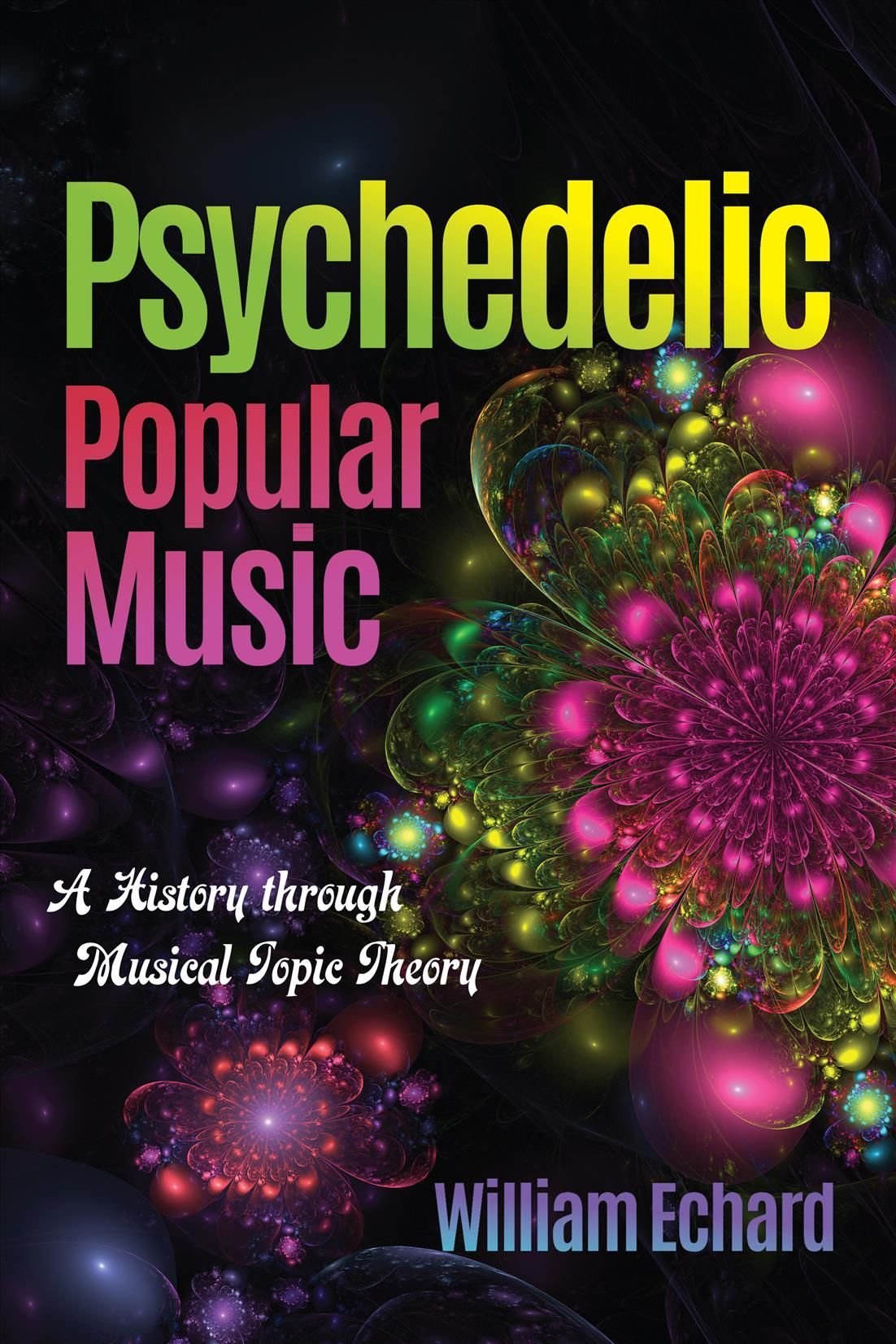This book analyzes the nature and functions of horror films from the vantage of a theoretical reconstruction of George Santayana’s account of beauty. This neo-Santayanan framework forms the conceptual backdrop for a new model of horror’s aesthetic enjoyment, the nature of which is detailed through the examination of plot, cinematic, and visual devices distinctive of the popular genre. According to this model, the audience derives pleasure from the films through confronting the aversive scenarios they communicate and rationalizing a denial of their personal applicability. The films then come to embody these acts of self-assertion and intellectual overcoming and become objects of pride. How horror films can acquire necropolitical functions within the context of abusive systems of power is also clarified. These functions, which exploit the power of anti-tragedy, downward social comparison, or vicarious emotion, work to remediate aggressive, ascetic, or revolutionary impulses in ways that are not injurious to the status quo. This book champions horror as a source of self-empowerment and unmitigated beauty, but also attests to the potential social harms of the genre.










![The Traveler DVD [2011]](https://avmedia.ams3.cdn.digitaloceanspaces.com/0/7f/07f883f4-fdc4-4674-bd34-0258d1b54df0.webp)

